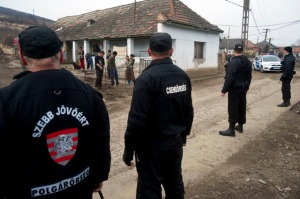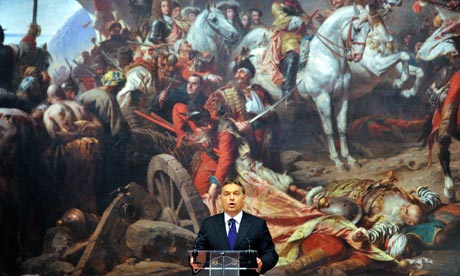
An excerpt from Yudit Kiss's, The Summer My Father Died, the book I am currently translating. This passage is from near the end of the book where the father has died and the daughter, Anna, is finding it hard to get over the grief.
Back in Switzerland where she lives and works she visits the family doctor who has suffered much worse family tragedies than her own. It's just a check-up but he can see something is wrong. She tells him about the death.
I quickly recounted the circumstances. He looked at me thoughtfully then suggested we arrange a brief ritual through which I could take leave of my father. I was a little taken aback by that but nodded automatically as I did to everything he suggested. Dr Vesely told me what should be done. The ritual would consist of three parts. In the first I would say out loud everything I loved about my father and our relationship. In the second I’d say what I didn’t like. In the third I would go through all that I had inherited from him, everything that, because, or in spite of him, had become part of my life. After this was done I should imagine an infinity sign, my father in one loop of it, myself in the other. Then I was to cut the link between them.
She returns some two weeks later and after some initial embarrassment she goes through with it.
But once I got through the agony of those first few minutes I was surprised how naturally one thing followed another. After a little while I felt as if my father were crouching in the dim yellow light, in the left hand corner of the surgery. He was there without his usual defences, more real than I had ever seen him. After the initial heart-in-the-mouth feeling I spoke to him without fear or discretion in a way I had never done before. In the torrent of liberated words and feelings there was a moment when I heard the shuffling of paper, and a gentle noise like a pen quickly passing over a smooth page. I think I must have realised that poor Dr Vesely might have had quite enough of this and was making his general medical notes. Perhaps it was a prescription he was writing, or an instruction that I should be removed immediately to the nearest locked cell. But then my thoughts returned to my father who was still squatting in the left hand corner of the room. We were at the third stage of the ritual now, where I was to say what mark my father had left on my life. Once I finished and listened in exhaustion Dr Vesely spoke again.
‘Now imagine the infinity sign with you in one loop and he in the other! Then cut the link between the loops.’
I saw the infinity sign with my father in one loop and a shape in the other that might have been me. I waited a while trying to understand what kind of arena we were occupying. When I looked over to him my father was still there, unmoving, his whole being clinging on to life. I waited a while then started speaking again. You can go now, I said. No one will threaten you there. There’ll be neither shame nor pain. You don’t need to fear anything any more. I spoke quietly, patiently, like someone persuading a child to put on his raincoat so he’d not be soaked to the skin. After a while I felt my father was no longer in the room. He hadn’t left, he had simply been slowly absorbed into the available space: he’d turned to water. I’ve no idea why specifically water, perhaps so that he might remain among us a little while longer because in our worldly lives we had always been sea monsters, always settling by the sea, always dreaming of the sea in summer. For a fortnight or so I continued to feel his presence in the lake then he vanished for good.
When, tearful and covered in perspiration I rose, dripping from the couch and tried to pull my body together, I saw Dr Vesely, perfectly politely sitting behind his desk. We looked at each other in silence for a while.
‘He didn’t want to go,’ I said at last.
‘And?’ he asked.
‘I had to persuade him.’
‘And then?’
‘Then he slowly dissolved in water’
‘What water?’
‘I don’t know. All kinds of water.’
I stood up, my muscles tense. There was no weight hanging over me now.
‘He has left this message for you,’ said Dr Vesely and gave me a scrawled prescription. My hands were shaking so much I couldn’t have read it even if his writing were more legible than usual.
Fascinating translating that because, in effect, by way of the imagination, the translator goes through a version of the psychological process of the character in the book. The process is very simple but the infinity sign is a fine touch. I don't suppose it was entirely Dr Vesely's invention.




















